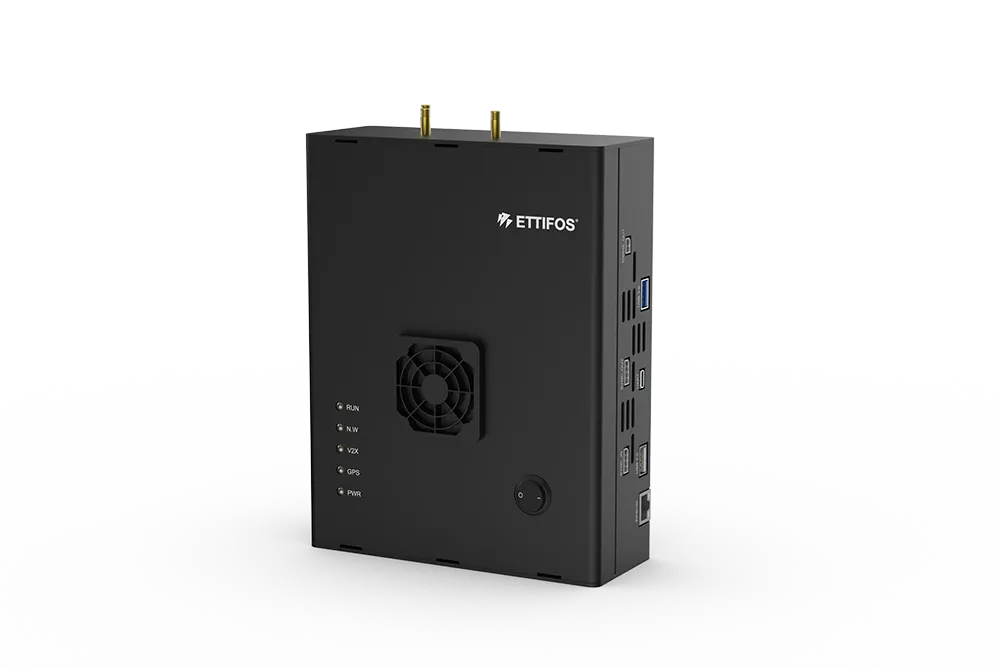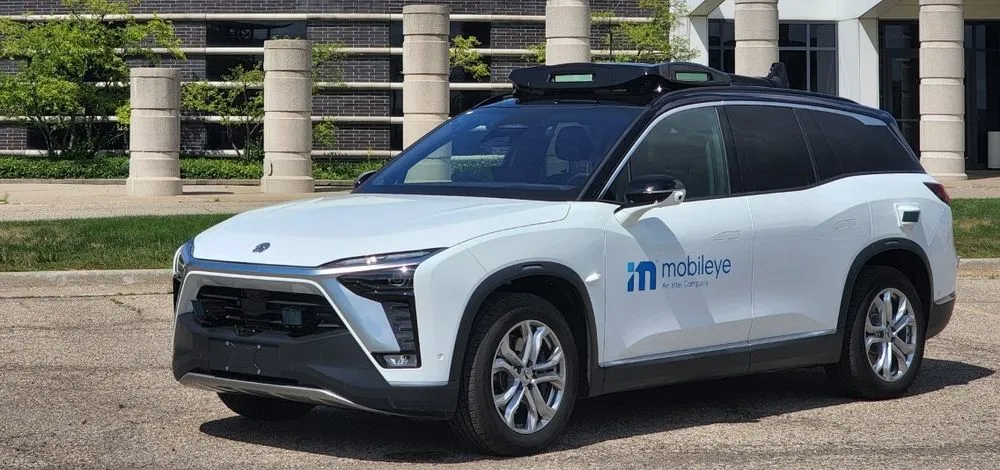
NXP Semiconductors is producing its second-generation 77GHz RFCMOS radar transceivers for advanced driver assistance systems (ADAS) and autonomous driving.
The TEF82xx is the successor to the TEF810x, which has shipped tens of millions of units.
The device supports short-, medium- and long-range radar applications, including cascaded high-resolution imaging radar.
NXP says it enables 360-degree sensing for critical safety applications, including automated emergency braking, adaptive cruise control, blind-spot monitoring, cross-traffic alert and automated parking.
NXP says radar is becoming the key sensing modality for safety use-cases both for ADAS functions in passenger vehicles - and that the TEF82xx radar transceivers will also help enable fully-autonomous driving.
"The more demanding use-cases require higher RF performance to 'see' further, at distances beyond 300m, as well as at finer resolutions down to sub-degree level to accurately detect, separate and classify smaller objects," the manufacturer notes.
"NXP’s scalable family of S32R Radar processors, combined with the NXP TEF82xx RFCMOS radar transceivers, deliver the fine angular resolution, processing power, and ranges, required for production-ready imaging radar solutions."
The fully-integrated RFCMOS chip contains three transmitters, four receivers, ADC conversion, phase rotator and low-phase noise VCOs. The NXP TEF82xx also includes built-in safety monitors and external interface capability for MIPI-CSI2 and LVDS, and complies with ISO26262 and ASIL Level B standards.
NXP says developers can build and optimise applications using the radar algorithm library offered by the automotive-grade Radar Software Development Kit (RSDK) without having to spend time manually fine-tuning accelerator software.










